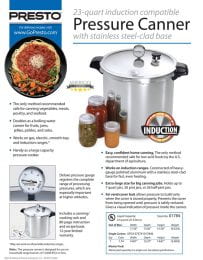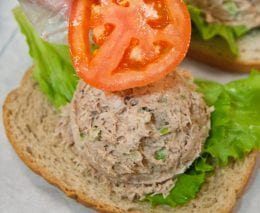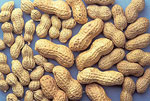 The Food Science Institute at Kansas State University welcomes Dr. Jeanette Thurston as Director of the Institute. Dr. Thurston began her position on June 17, 2019.
The Food Science Institute at Kansas State University welcomes Dr. Jeanette Thurston as Director of the Institute. Dr. Thurston began her position on June 17, 2019.
For the last 10 years, Dr. Thurston has held positions of increasing responsibility at the U.S. Department of Agriculture’s National Institute of Food and Agriculture, advancing basic and applied research, education, extension and strategy in the area of food safety.
Dr. Thurston holds a Ph.D. in soil, water and environmental science and microbiology, a master’s in environmental science, and bachelor’s in microbiology – all from the University of Arizona.
For the last three years, she has served as NIFA’s science program officer. Among her responsibilities are serving as the champion for NIFA’s science portfolio, providing strategic support and counsel to top leadership regarding the agency’s science programs and helping develop and execute an annual budget of roughly $1.5 billion.
From 2009-2015, Thurston was a national program leader for food safety at NIFA, leading science programs and serving as a liaison to land-grant and other universities, national laboratories, industry partners, federal agencies and other stakeholders.
She began her career as a research microbiologist with the Agricultural Research Service where she established and managed a public-health microbiology research lab on the campus of the University of Nebraska-Lincoln.







 www.ksre.k-state.edu/foodsafety/topics/4h.html
www.ksre.k-state.edu/foodsafety/topics/4h.html